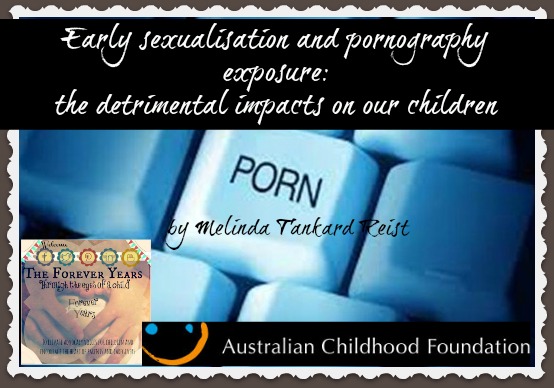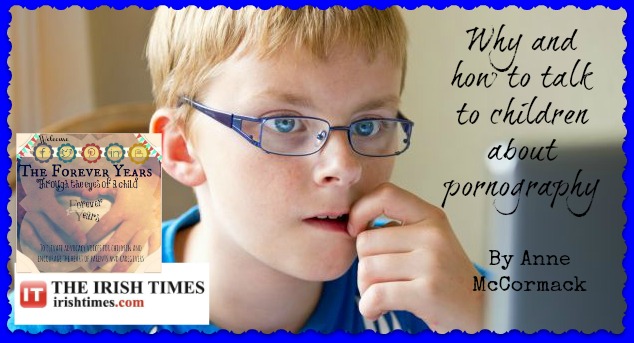 Hagar International works with women, children and young men in Cambodia, Vietnam and Afghanistan who have been victims of human rights abuses including trafficking , slavery, torture and sexual exploitation. Hagar’s commitment is to ‘Do what it takes for as long as it takes’ to restore a broken life. Hagar is so effective at helping people heal and go on to live fulfilling lives, that they are employed to train others from non government organisations, including World Vision, Nvader and are in partnership with TEAR fund.
Hagar International works with women, children and young men in Cambodia, Vietnam and Afghanistan who have been victims of human rights abuses including trafficking , slavery, torture and sexual exploitation. Hagar’s commitment is to ‘Do what it takes for as long as it takes’ to restore a broken life. Hagar is so effective at helping people heal and go on to live fulfilling lives, that they are employed to train others from non government organisations, including World Vision, Nvader and are in partnership with TEAR fund.

Logo for “Hagar international”, with slogan “the whole journey”… focusing on restoring “wholeness” to those who were formerly the victims of human rights abuses
In 2011 we visited the work of Hagar in Cambodia and Vietnam with our family and saw first hand their incredible work. We were so encouraged to see the life transforming work of Hagar, which includes protection and recovery and counseling, transition and reintegration into society, including economic empowerment and social enterprise. There are powerful and inspirational stories and factual information about this is on their website: https://hagarinternational.org/new-zealand/our-work/what-we-do/

Dierdre Dobson Le (from Dunedin, NZ) with her husband Duyen Le (originally from Vietnam) and their three children on a family trip to Vietnam and Cambodia, 2011
In 2015 myself and a group of friends joined together to raise awarness and funds for Hagar International. We ran an Art and Craft Exhibition in 2015 and raised just over $8000 for Hagar.
Next month (March 12) this group will be taking part in “The Stadium to Surf” walk/run. We will be walking with some friends and we will be HANDCUFFED FOR HAGAR – to raise funds and awareness for Hagar International to fight human trafficking.
I am asking you to join me this year by sponsoring me or one of my team in this walk. It’s all very easy, just click on the link below. All payments are made online and go straight to Hagar via “Everyday Heroes”. Hagar Dunedin Team
Also anyone is most welcome to join the walk and raise sponsorship, to find out how to do this they could contact me deirdre.dobsonle@gmail.com
Blessings,
Deirdre Dobson-Le





